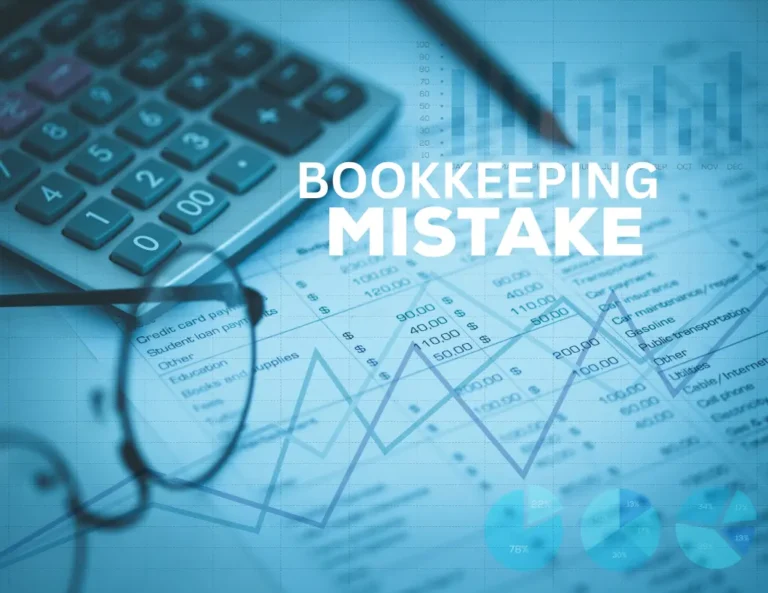Bookkeeping vs Accounting
Overview
People often confuse bookkeeping with accounting. They sound similar as both of them deal with money, and most businesses use both. But the truth is, they’re completely different from each other. Bookkeeping helps you track daily transactions, and accounting analyzes the data gathered with bookkeeping and helps you make your business decisions. If you’re a business owner wondering if you need a bookkeeper or an accountant. This guide has everything you should know.
Here’s Why You Should Let FINITAC Handle Both For Your Business
Don’t let two separate partners help you with daily records and strategical planning as FINITAC brings you solution to both, bookkeeping and accounting. We are going to take care of your books and also provide you guidance on how to make the most out of those books!
Hire A Professional Accountant From FINITAC
FINITAC offers highly professional and certified accountants with a modular services model. Let us know your requirements, and you’ll be connected with the right team.
What Is Bookkeeping?
In simpler words, bookkeeping is tracking every single financial activity of your business. Organizing and recording every sale you make, every expense you pay, every salary, bank fee, everything.
A bookkeeper’s job is to keep that data clean and fully organized. Categorizing different types of transactions on the same dashboard helps you, as you’re ready for audits at any time of the year.
Clean bookkeeping helps you identify if your business operations are generating revenue or if you’re just burning cash for no reason.
The bookkeeping data helps you take smarter business decisions like investing more into what’s making you profits and excluding activities that are not contributing to your business growth.
What Is Accounting?
Accounting steps in after bookkeeping. Once all the financial data is collected and sorted, the accountant turns it into insight. They analyze what the numbers mean. Are your profits growing or shrinking? Are your expenses reasonable? Can you afford to hire someone? Should you restructure your pricing?
Accountants prepare key reports like profit and loss statements, balance sheets, cash flow statements, and tax returns. They’re also the ones who help you plan, whether it’s budgeting, forecasting, preparing for an audit, or getting your business ready to pitch investors or apply for a loan.
If bookkeeping helps you record all your transactions, then accounting is all about using that recorded data and using it in the favour of your business.
People Also Ask
The Real Difference Between Bookkeeping and Accounting
One organizes. The other advises. Both are essential if you want financial clarity and growth.
The difference between bookkeeping and accounting comes down to two things, scope and intent. Bookkeeping actively focuses on capturing whatever’s happening in your business, like buying raw materials, investing in tools for better delivery processes, etc. While Accounting just uses that activity, those recorded numbers that the bookkeeper recorded and used in your favour to maximize the business growth.

Do I Need a Bookkeeper or an Accountant?
This question depends on your current business situation, but let’s get honest: most business owners need both at different stages.
If your business is just starting out or if you’re behind on organizing receipts, logging payments, or reconciling accounts, then a bookkeeper is your first hire. They’ll get your house in order and give you a clean picture of what’s coming in and going out.
If your records are up-to-date, but you’re trying to make sense of taxes, cash flow, or financial goals, then it’s time for an accountant. They’ll help you make decisions that actually move your business forward. Be it legally, efficiently, or strategically.
Still unsure? If you’re unsure where all of your budget is going and if you’re really generating revenue at the end, then you need a bookkeeper. A bookkeeper is going to tell you factual numbers, what made you mone,y and what cost you money. If all of that’s clear, and now you want to make the whole process more efficient, you need an accountant who can help you use that data for better decisions.
How They Work Together
Let’s try to understand this with a quick example. Let’s suppose your bookkeeper recorded that you paid $2000 in marketing last month. Now you want to know whether that number is correct and bringing you results, then you need an accountant, as they’re going to tell you if that number is correct, considering your monthly return on ads spent.
If your accountant gives you the insight that the overall profit doesn’t match right with the ads spent then you either need to revise your marketing strategy or lower your marketing budget to ensure profitability.
That’s how bookkeeping and accounting services work hand in hand to keep your business clean, compliant, and profitable.
Why You Can’t Expect One to Do the Other
Many small businesses make the mistake of hiring an accountant to clean up messy books or expecting a bookkeeper to handle tax filing. This not only wastes money but also sets you up for mistakes and missed opportunities.
Bookkeepers manage your day-to-day transactions. They don’t offer financial strategy or handle tax compliance.
Accountants offer high-level advice and reporting, but they can’t do it if the books aren’t already clean.
However, there are bookkeeping firms that deliver complete packages from recording day-to-day transactions to also using that data to your advantage.
Which Comes First: Bookkeeping or Accounting?
Always start with bookkeeping. Without accurate, up-to-date records, there’s nothing for an accountant to interpret or report on. Once your bookkeeping is in place, accounting becomes easier, more accurate, and far more valuable.
In fact, clean books often reduce your accounting bill, because your accountant won’t waste time cleaning up your mess.
People Also Search For
5 Differences Between Bookkeeping Accounting
Aspect | Bookkeeping | Accounting |
|---|---|---|
Purpose | Records daily transactions | Interprets and analyzes financial data |
Timing | Ongoing and routine (daily/weekly) | Periodic and strategic (monthly/yearly) |
Tools | Ledgers, spreadsheets, software | Reports, forecasts, tax tools |
Outcome | Organized records | Financial insight and compliance |
Skill Level | Operational, detail-focused | Analytical, advisory, decision-driven |
Bookkeeping vs accounting cost
In the U.S., bookkeeping typically costs $300–$800/month, while accounting services like tax filing or financial strategy range from $1,000 to $5,000+ annually, depending on complexity and business size but that’s a random range, it depends on the expertise of the service provider and the business size.
How to Find the Right Bookkeeping and Accounting Services
Criteria | What to Look For | Why It Matters |
|---|---|---|
Modular Options | Custom plans where you pay only for what you use | Saves money, fits your business stage and size |
Industry Knowledge | Experience with your type of business (real estate, ecommerce, etc.) | Cuts learning curve, avoids costly miscategorization |
Tool Compatibility | Works with QuickBooks, Xero, Wave, or your existing systems | No need to change your entire setup |
Collaboration-Ready | Bookkeeper and accountant can sync or work together smoothly | Ensures strategy and records always align |
Simple Language | Clear reports, no financial jargon | You understand your numbers and make smarter decisions |
Scalability | Can grow with your business without switching firms | Avoids re-onboarding or system changes as you scale |
Conclusion
Bookkeeping vs accounting are like partnerships, both of them go together. One tracks your past and present while the other uses that past and present to help you define or shape up your future. If your business feels financially foggy, it’s time to bring in the people who can clear the view. Check out FINITAC’s services page to figure out what we can do for your business.






